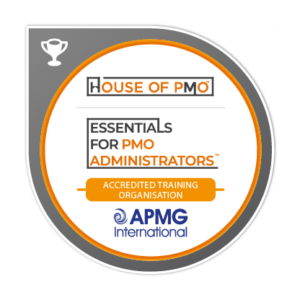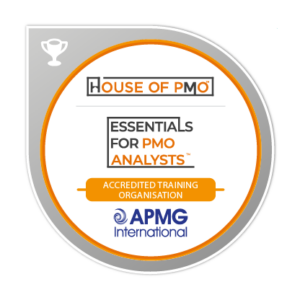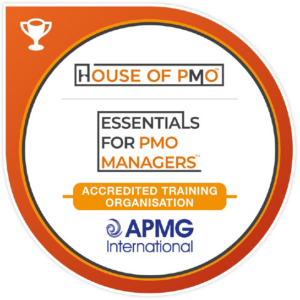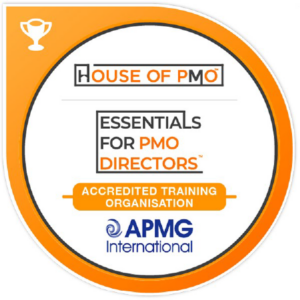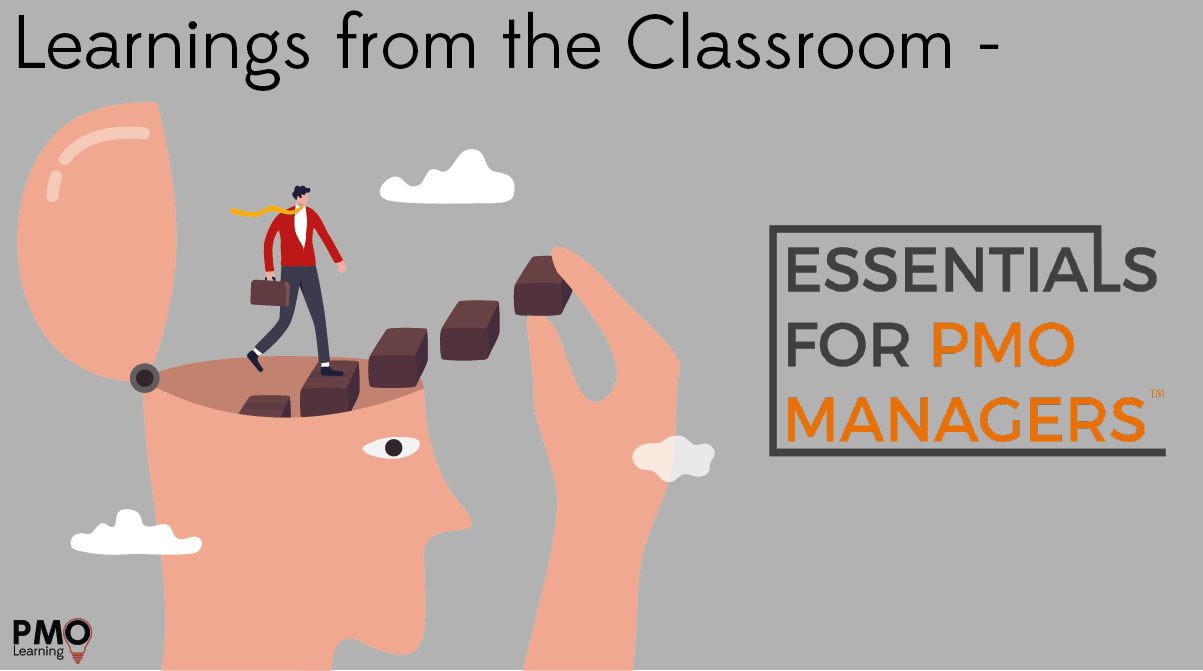
Last week I delivered the first of House of PMO Essentials for PMO Managers course. As with every course I deliver, there are always some discussions that expand my own understanding, or make me start to think about a new perspective that I hadn’t previously considered.
The course I delivered last week, we had a good mix of PMO Managers – some who ran Programme Offices within large organizations that had an enterprise wide Integrated PMO Model (IPM), PMO Managers who ran centralised enterprise PMOs (with no PMO Directors) and a PMO Consultant who is currently engaged by their client to design and build its first PMO.
The Essentials course is aimed at providing delegates with an understanding of the breadth and depth of the PMO Manager’s role, and the competences that are required to be successful in that role. To gain that understanding, after we’ve gone through the theory, we take time to explore how that theory compares with the realities and experience of the delegates.
Here are two of the discussions we had that set my cogs whirring . . .
PMO Roles
Within the PMO Competence Framework, there are four roles identified – PMO Administrator, PMO Analyst, PMO Manager and PMO Director. Although there are many more job titles in the industry, we can typically slot them into one or the roles identified. As we explored the role of the PMO Manager, we agreed that there was still some element of support in the PMO Manager role. This led us onto talking about the role of the PMO Lead. There was general agreement that this was typically a more senior PMO Analyst who reported into a role that wasn’t a PMO Manager, and had the responsibility to ‘lead’ all the PMO activity – either on their own or with a number of other PMO Analysts and PMO Administrators. This role is frequently seen in organizations who have a relatively small PMO. The general consensus was that the PMO Lead role sat between the PMO Analyst and PMO Manager – predominantly providing support to projects, sometimes programmes and possibly at portfolio level, but often required to develop the delivery framework, role profiles etc. Where the discussion got a little more thought provoking was the challenge for this role, and the risk to the organisation if the PMO Lead does not have sufficient understanding, competence or support for the PMO Management aspects of the role. It was generally agreed, that when setting up a PMO, it would be more appropriate to have somebody with PMO Management competences, recognising their role will include a substantial amount of delivery support activity. Conversely, if the PMO has been established and in ‘run’ mode, somebody with PMO Analyst competences would be sufficient. Food for thought!
Service Level Agreements (SLAs)
You may well be aware of the benefits of having a service based PMO over a support based PMO. During the course we discussed setting up services within a PMO and establishing a framework of metrics for the performance of the PMO. Part of setting up services, is agreeing some SLAs for that service. When undertaking the exercise, the delegates identified a number of SLAs for the PMO (providers of the service) such as minimum number of days before minutes would be available, minimum number of hours to undertake reviews etc. However, what none of the delegates had considered was SLAs for suppliers such as the minimum number of days prior to the meeting agenda items had to be submitted, minimum time project staff were available to support the reviews, timesheets to be submitted by a particular date/time. Although the supplier knew what was required, it seems like many PMOs take on the role of the ‘chasing’ for the input, rather than formalising ownership of providing input to the individuals themselves through SLAs. Being the chasers proliferates our ‘PMO Police’ label. Its definitely worth looking through your service catalogue to identify where adding an SLA to the suppliers, such as project managers, team members etc, (with their agreement) would help your PMO deliver a better service and improve its reputation.
Click here to find out more about the Essentials for PMO Managers course!
Enjoying Our Blog?
Sign up and receive all our articles (we’ll send you an update once a week!) plus special offers and events:






